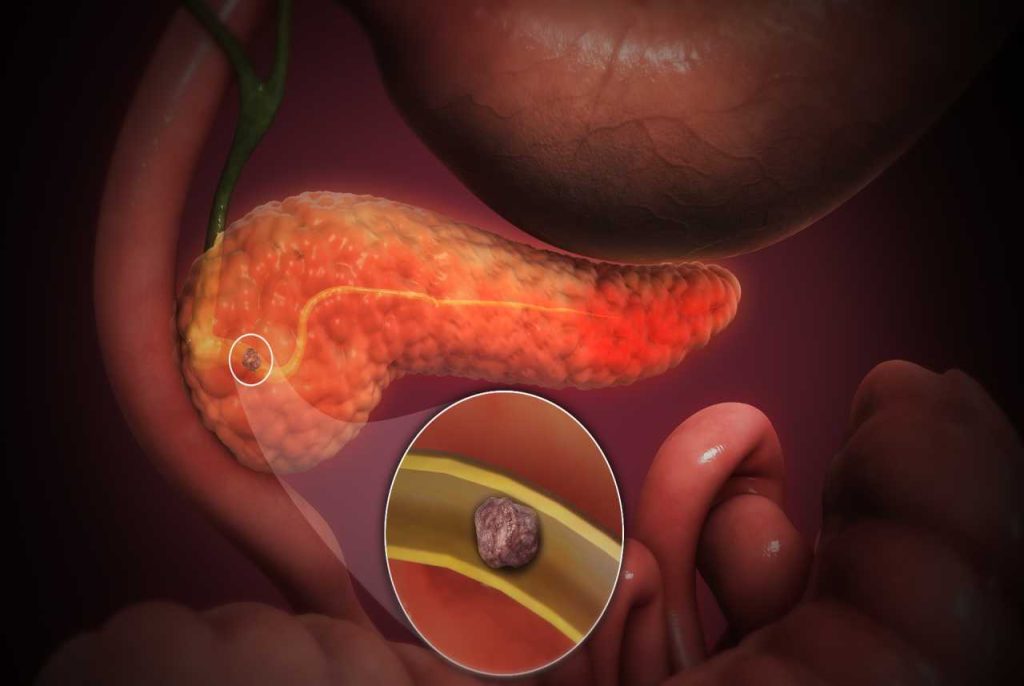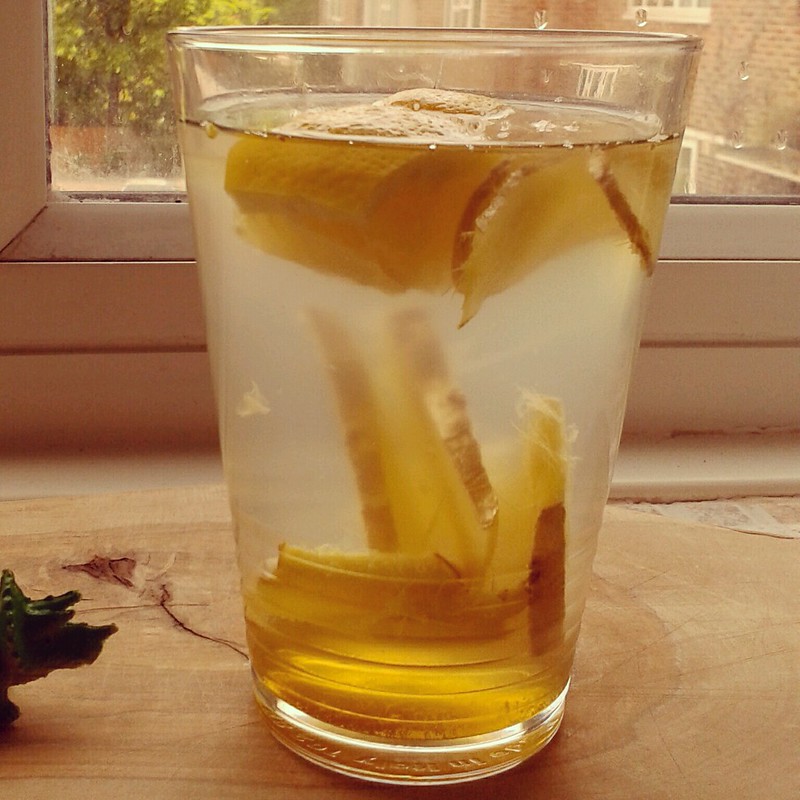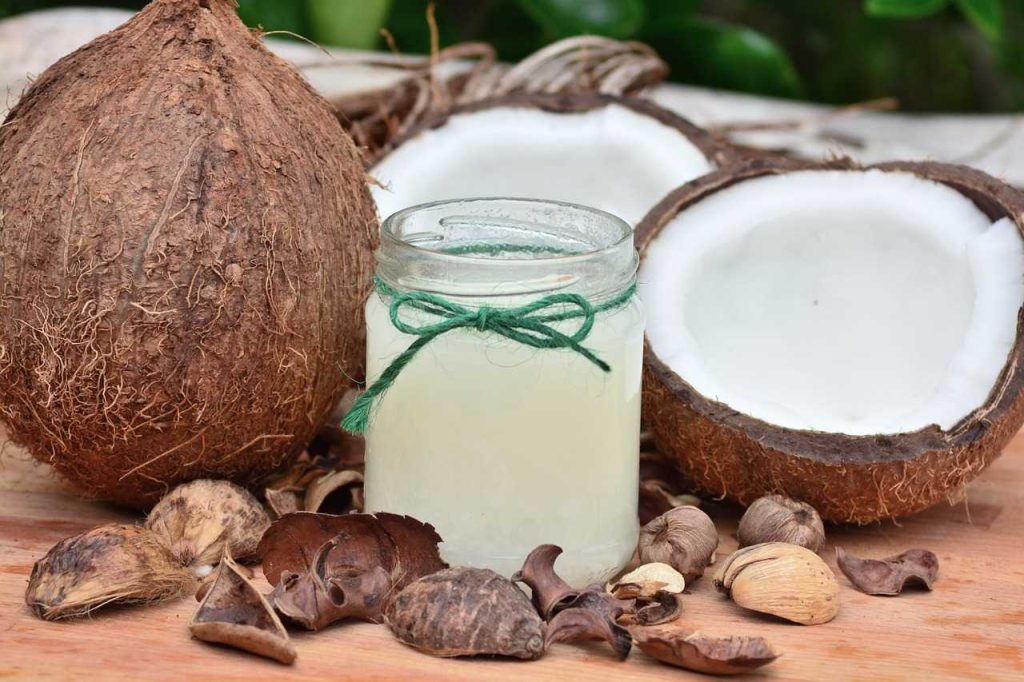Pancreatitis, an inflammation of the pancreas, can be a painful and debilitating condition. While medical treatment is often necessary, many people look for home remedies to support their recovery and manage symptoms effectively. In this blog, we’ll explore what pancreatitis is, its causes and symptoms, and a range of home remedies that may help you recover more quickly.

Understanding Pancreatitis
What is Pancreatitis?
Pancreatitis occurs when the pancreas, a vital organ responsible for producing digestive enzymes and hormones like insulin, becomes inflamed. This inflammation can lead to serious health issues if not addressed promptly.
Types of Pancreatitis
- Acute Pancreatitis: This is a sudden onset of inflammation, often resulting from gallstones, heavy alcohol consumption, or certain medications. Symptoms can range from mild to severe, and the condition can resolve with proper treatment.
- Chronic Pancreatitis: This is a long-lasting condition that occurs after repeated episodes of acute pancreatitis, leading to permanent damage to the pancreas. Chronic pancreatitis often results from long-term alcohol abuse or hereditary factors.
Common Causes
- Gallstones: These can block the pancreatic duct, leading to inflammation.
- Alcohol Abuse: Excessive alcohol consumption is a leading cause of both acute and chronic pancreatitis.
- Medications: Certain drugs can trigger pancreatitis as a side effect.
- Genetic Factors: Some people may have a hereditary predisposition to pancreatitis.
Symptoms of Pancreatitis
Common symptoms include:
- Severe abdominal pain, often radiating to the back
- Nausea and vomiting
- Fever
- Rapid heartbeat
- Swollen abdomen
- Jaundice (yellowing of the skin and eyes)
If you experience any of these symptoms, especially severe abdominal pain, it’s essential to seek medical attention immediately.
Home Remedies for Pancreatitis
1. Stay Hydrated
Why It Helps: Staying well-hydrated is crucial for overall health and can support digestion and nutrient absorption.
How to Use:
- Aim to drink at least 8-10 glasses of water daily.
- Herbal teas, such as ginger or peppermint, can be soothing and provide additional health benefits.
2. Follow a Low-Fat Diet
Why It Helps: A low-fat diet reduces the workload on the pancreas, allowing it to heal.
How to Use:
- Focus on lean proteins (such as chicken, turkey, and fish), fruits, vegetables, and whole grains.
- Avoid fried, fatty, and processed foods, which can exacerbate symptoms.
- Consider working with a registered dietitian to create a meal plan tailored to your needs.
3. Incorporate Anti-Inflammatory Foods
Why It Helps: Foods rich in antioxidants and anti-inflammatory properties can help reduce inflammation in the pancreas.
How to Use:
- Include foods such as:
- Berries: Rich in antioxidants that combat inflammation.
- Leafy Greens: Spinach, kale, and broccoli are great choices.
- Nuts and Seeds: Almonds, walnuts, and flaxseeds are good sources of healthy fats and anti-inflammatory nutrients.
- Fatty Fish: Salmon and mackerel contain omega-3 fatty acids that can help reduce inflammation.
- Olive Oil: A healthy fat option that can help support heart health.
4. Ginger Tea

Why It Helps: Ginger has anti-inflammatory and digestive properties that can soothe the digestive system and relieve nausea.
How to Use:
- Brew fresh ginger in hot water for about 10 minutes.
- Strain and drink 1-2 cups daily, preferably after meals.
5. Avoid Alcohol
Why It Helps: Alcohol can exacerbate pancreatitis and hinder recovery.
How to Use:
- Completely eliminate alcohol from your diet.
- Choose non-alcoholic beverages and prioritize hydration with water and herbal teas.
6. Coconut Water
Why It Helps: Coconut water is hydrating and can help replenish electrolytes lost during episodes of vomiting or diarrhea.
How to Use:
- Drink coconut water as a natural, hydrating beverage.
- Ensure you choose pure coconut water without added sugars.
7. Probiotics
Why It Helps: Probiotics support gut health, which can be beneficial for recovery from pancreatitis.
How to Use:
- Incorporate probiotic-rich foods such as yogurt, kefir, sauerkraut, and kimchi into your diet.
- You may also consider probiotic supplements, but consult your healthcare provider first.
8. Peppermint Tea
Why It Helps: Peppermint can help soothe digestive issues and relieve abdominal discomfort.
How to Use:
- Brew peppermint leaves in hot water and drink it warm after meals.
- This can help relax the digestive system and reduce bloating.
9. Use Heat Therapy
Why It Helps: Heat can help alleviate abdominal pain and discomfort associated with pancreatitis.
How to Use:
- Apply a warm compress or heating pad to your abdomen for 15-20 minutes at a time.
- Ensure the heat is comfortable and not too hot to prevent burns.
10. Rest and Stress Management
Why It Helps: Stress can exacerbate symptoms, making relaxation and recovery more difficult.
How to Use:
- Engage in relaxation techniques such as yoga, meditation, or deep-breathing exercises.
- Prioritize getting enough sleep and avoid strenuous activities during recovery.
When to Seek Medical Attention

While home remedies can support recovery, pancreatitis can be a serious condition. Seek immediate medical attention if you experience:
- Severe abdominal pain that does not go away
- Persistent vomiting
- Fever or chills
- Signs of infection (such as fever and redness around the abdomen)
- Jaundice or other symptoms indicating a potential complication
Conclusion
Pancreatitis can be a challenging condition, but with the right care and lifestyle adjustments, you can support your recovery and manage symptoms effectively. Home remedies such as staying hydrated, following a low-fat diet, and incorporating anti-inflammatory foods can play a crucial role in your healing process. Always consult with a healthcare professional before trying new remedies or making significant dietary changes, especially if you have an underlying condition. Prioritize your health, listen to your body, and seek medical advice when needed to ensure a smooth recovery!
